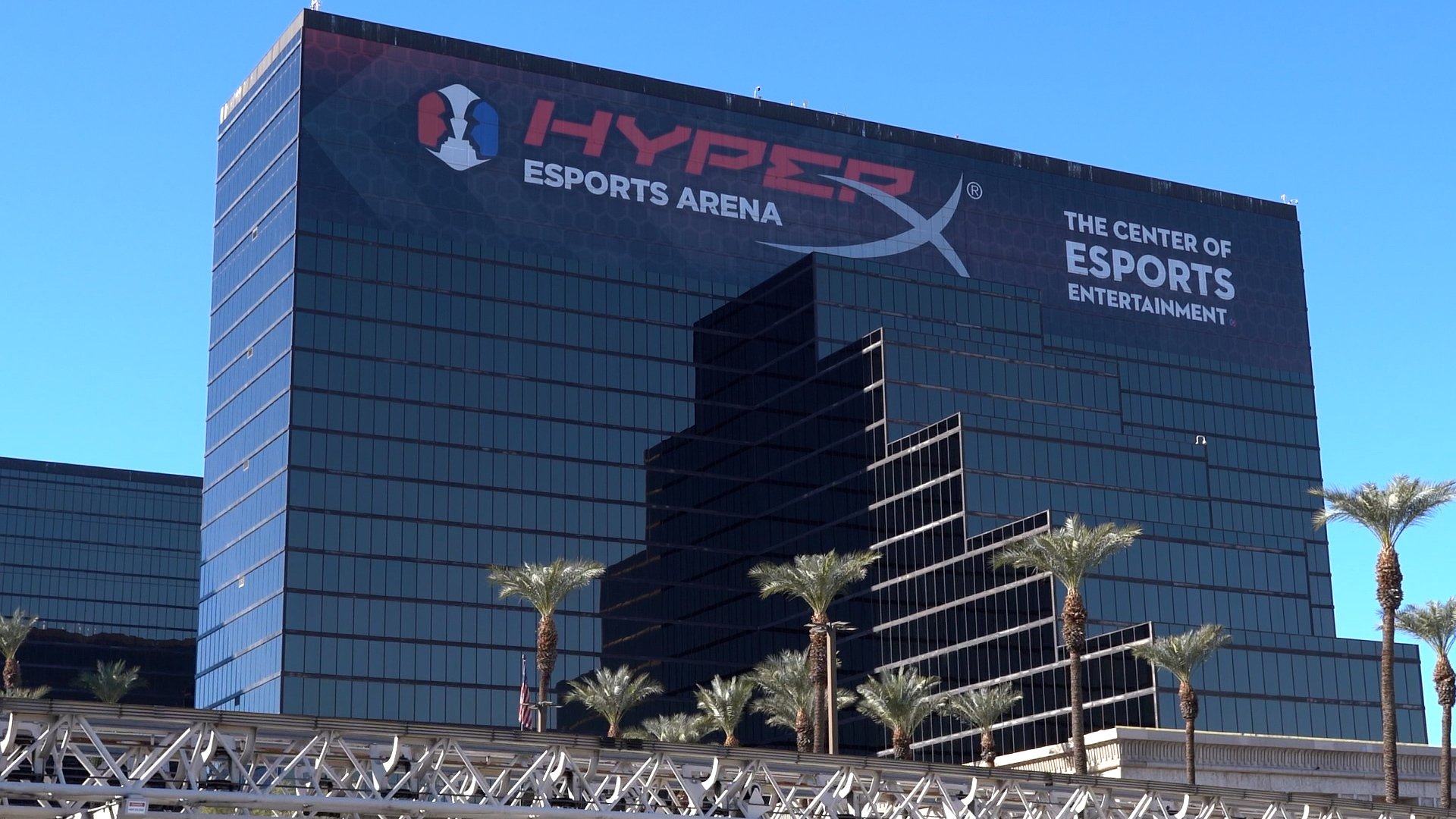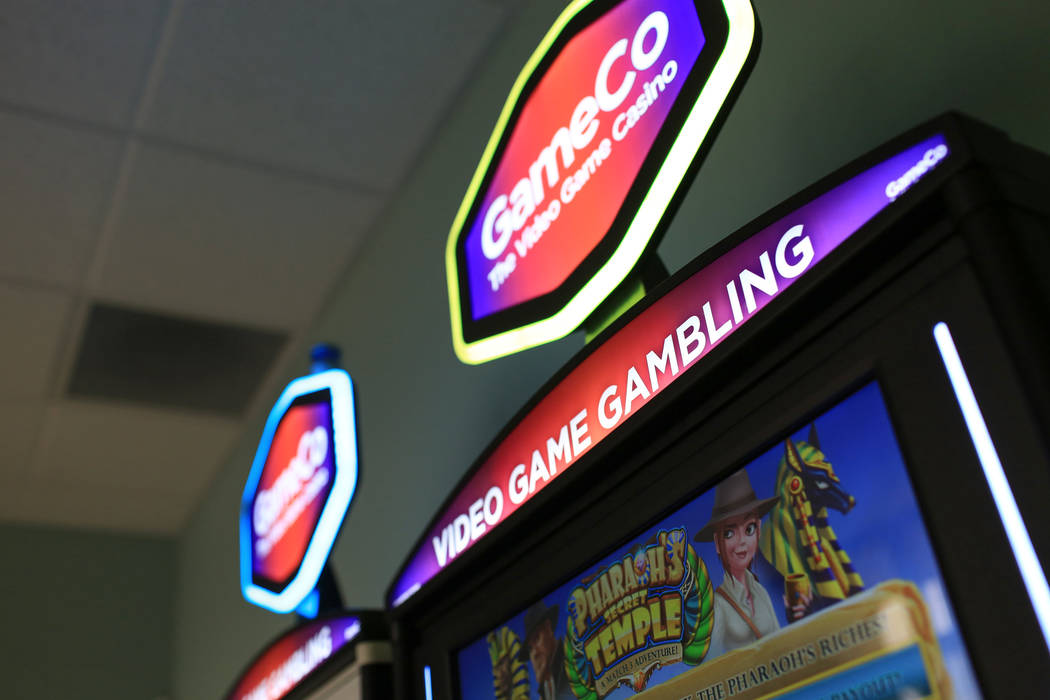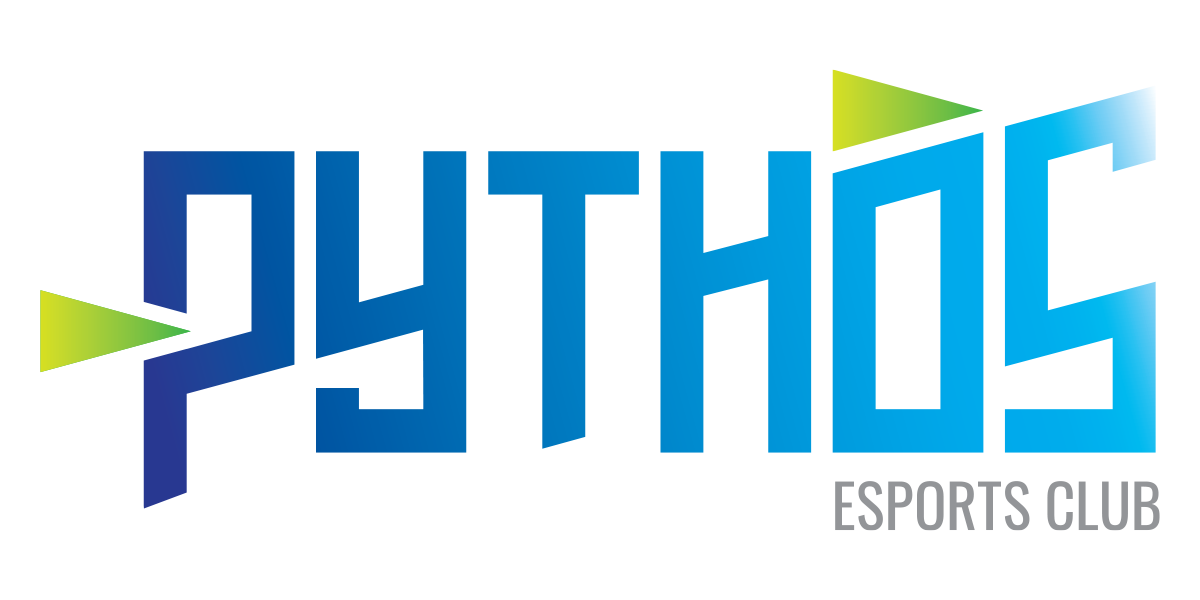26 May The growing link between esports betting and casinos
Supported by Ajeet Singh Yadav.
Esports and casino experiences (known in Japan as オンラインカジノ 体験) might not be two words you often hear together, but that is rapidly changing. Between esports arenas in Las Vegas to casino games on esports betting sites, the lines between competitive video games and other popular forms of gaming have begun to blur.
Revenues from traditional gambling declined under pandemic lockdowns and have only just begun to recover. Over the last several years, forward-thinking casinos and bookmakers have turned to esports as an evergreen source of entertainment and revenue.
Casinos power up with esports
Traditional casinos have seen an opportunity to reach younger gamblers and cash in on the growing esports industry. This trend began as far back as 2017 but has become more commonplace since then, especially during COVID-19 lockdowns.

RELATED: How U.S casinos are embracing esports
For example, in 2017 Allied and Esports Arena announced plans to open a dedicated esports arena on the Las Vegas Strip. The project is now known as HyperX Esports Arena at the Luxor Hotel & Casino. The 30,000-square-foot facility was designed to create a casual esports experience for fans, whilst also hosting a range of offline tournaments.
That same year, blockchain-based esports bookmaker Unikrn announced a partnership with MGM Resorts International to bring live competitive gaming and esports tournaments to the MGM Grand Hotel & Casino in Las Vegas.
North American esports organisation, Complexity Gaming made history in 2018 as the first US esports organisation to attract a casino as an official sponsor. WinStar World Casino and Resort was named the exclusive casino of the org.
GameCo’s 2020 collaboration with data and analytics firm GRID is another prime example of esports integration being used as a strategy to strengthen technology offerings. As a result of the partnership, GRID’s esports data and streaming solution have been integrated into GameCo’s Video Game Gambling Machines (VGM) offerings and partner casino destinations, both land-based and online.
Casinos aren’t the only entities that benefit from such a partnership. Last year, Esports Entertainment Group launched its proprietary mobile sports betting product in the state of New Jersey through a partnership with Twin River. The latter company was in the process of acquiring Bally’s Atlantic City Hotel & Casino in Atlantic City, New Jersey at the time.
Esports betting thrives where others fail
Whilst other sectors of the gambling industry have struggled during the pandemic, esports betting has exploded. The UK’s gross gambling yield for esports grew from just £50,223 in 2019 to £4,616,610 in May of 2020 — a leap of 2,922 percent.
According to Puerto Rico Tourism Co. Executive Director Carlos Mercado, COVID-19 restrictions cost the region’s 16 casinos $54 million from July to December 2020 compared to the same period in 2019. From July to December 2019, the Puerto Rico casino industry reported $147 million in revenue but saw it drop to $93 million. The recent adoption of Bill 1534 allows Puerto Rico to expand its gambling options to residents while increasing revenue through taxation.
Esports gambling in North America is woefully behind other countries, making any efforts a big deal for fans in the region. Early in 2020, the Nevada Gaming Control Board approved betting on Counter-Strike: Global Offensive’s ESL Pro League Season 11: North America and ESL Meisterschaft in three different wager types.
The line between esports and traditional casino experiences continues to blur. Several esports betting platforms — including Betway, Loot.bet, and 1xBet — host online casino games in addition to competitive video game events.
Bookmakers, it seems, are forming strategic alliances with esports organisations as fast as news outlets can report the deals. Esports Entertainment (ESE) recently expanded into the Latin American market through its platform VIE.bet — sponsoring Peru-based esports organisation Infamous Gaming and LATAM-based Dota 2 competition series, Movistar Liga Pro Gaming.
In February, sports betting company Parimatch named professional Counter-Strike player Marcelo ‘coldzera’ David as its Global Esports Ambassador. Betway has partnered with Ninjas in Pyjamas since roughly 2016.
The future of esports casinos: It’s all about data and crypto

Of course, the esports betting industry would not be a success if it couldn’t provide its users and partners with the most up-to-date odds possible. Because of this, esports data and odds have become big business.
It’s no wonder, then, that data giants like Newzoo and Nielsen have partnered with esports organisations to compile and share information. Also on the B2B front, Czech-based esports odds provider Oddin.gg utilises its AI-powered platform with official data from Bayes Esports to supply a variety of live betting markets.
These days, it’s difficult to talk about data technology without mentioning cryptocurrency. FYX (pronounced ‘FIX’) is scheduled for public release sometime in 2021. The company utilises the Bitcoin SV (BSV) blockchain to power esports experiences with native cash matches and tournaments.
RELATED: GameCo announces funding round and esports betting expansion
Looking forward, the gaming industry revenue in 2021 is off to a blistering start. According to the American Gambling Association, iGaming (online casinos, sports and esports betting) rose 644.9 percent in the first quarter of 2021 compared to 2019.
 Asia, Commercial, Data, Features, Gambling, Games, Insights, Latest News, Markets, North America
Asia, Commercial, Data, Features, Gambling, Games, Insights, Latest News, Markets, North America


No Comments